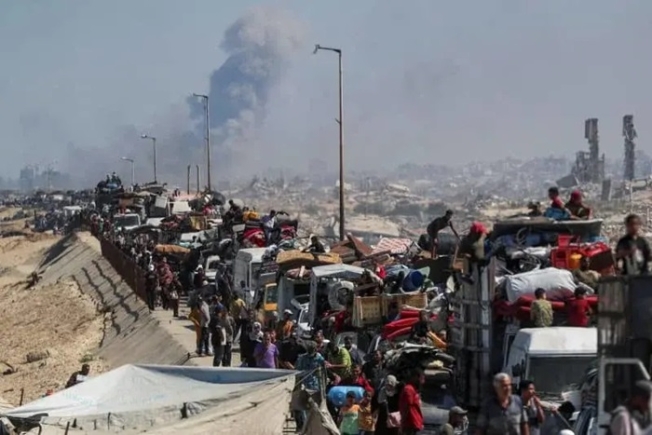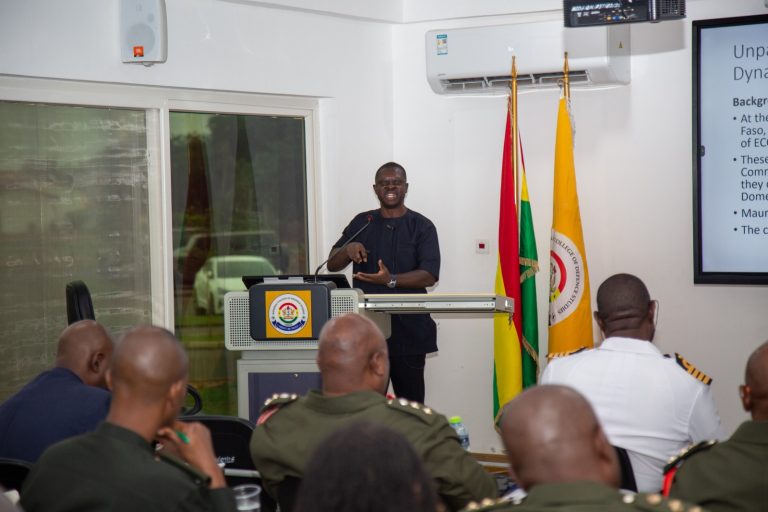The WADEMOS Network, a network of over 35 pro-democracy national and regional level CSOs across the ECOWAS sub-region, lauds the rejection of the bill seeking to lift the ban on female genital mutilation (FGM) by the parliament in The Gambia.
We celebrate this as a demonstration of The Gambia’s resilience and commitment to promoting and defending human rights. The Network acknowledges the significant contribution of civil society and human rights groups in The Gambia and across the international community to the success of this commendable endeavor. Owing to this show of courage, the right of young girls and women across The Gambia to self-determination has been validated and they stand a greater chance of a better quality of life.
The Women’s Act of 2015, which criminalizes and assigns penalties for performing, aiding and abetting the practice of FGM, stands in testament to the dignity and the agency of Gambian women and the untenable horrors of their daily struggle. It stands as an appeasing legacy of a turbulent era in Gambian history; one that was marked by brutality and authoritarianism. Without a doubt, the repeal of this ban would have been an indictment on The Gambia’s relatively stable democracy. It is imperative as it is conclusive that in this critical instance, democracy vindicated itself.
However, this attempt to roll back the progress of women does signal a more deeply ingrained challenge in the country. The limited extent to which the ban has been applied following its adoption is of great concern and highlights the significant obstacle confronting us in eradicating FGM menace across Africa. Since the practice was criminalized in The Gambia in 2015, only two cases of FGM have been prosecuted, the first of which triggered the massive upheaval and the bid to get the ban revoked. It suggests that culture and attitudes in The Gambia are yet to be reformed to the insensitivity and adverse impact of the practice.
Given that this inhumane practice has been individually inflicted on 75% of women in The Gambia, it is apparent to the Network that there exists a considerable gap in Gambian society when it comes to the appreciation of the rights and agency of women, including their right to health, safety and security. There is a need for a massive civic education campaign to drive home the detrimental effects of FGM and the unfair toll it takes on young girls and women psychologically, emotionally and physically.
Building on this landmark decision in the parliament, we urge Gambian authorities to focus on enforcing the law. We also call on civil society, human rights organizations and the entire international community to rise to the occasion to protect the women of The Gambia per the Convention on the Elimination of All Forms of Discrimination Against Women and the Convention (CEDAW) on the Rights of the Child. It must be emphasized that The Gambia is a signatory to both conventions.
We call on the AU and the ECOWAS to lend their support to enforcing the African Charter on the Rights and Welfare of the Child which specifically states that governments must take all appropriate measures to eliminate harmful social and cultural practices, including FGM.
It is the fervent wish of the Network that the hope that comes with this remarkable victory will reverberate across the entire sub-region and the continent and that it will precipitate the abolition of all sociocultural norms and practices that are harmful to women including domestic violence, FGM and child marriage, which has recently been outlawed in Sierra Leone.
The safety and security of women remain indispensable to the dream of an equal and progressive society; a society that avails optimal opportunity for advancement to people, from all tribes, nations and ethnicities in the subregion. The Network remains committed to ensuring that in the transition from an ECOWAS of States to an ECOWAS of Peoples, the interests of women are not overlooked or relegated to the background, but rather, that they are safeguarded, prioritized and cherished.



